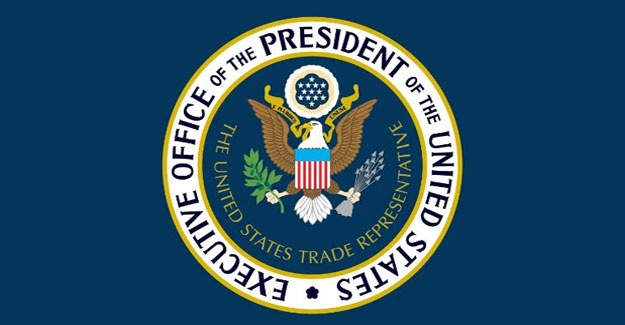
USTR Announces GSP Enforcement Action, Country Successes, and New Eligibility Reviews
The Office of the United States Trade Representative (USTR) announced suspending US$ 817 million in trade preferences for Thailand under the Generalized System of Preferences (GSP) programme based on its lack of sufficient progress providing the United States with equitable and reasonable market access for pork products. USTR also announced the closure of GSP eligibility reviews with no loss of benefits for three countries: Georgia, based on improvements in the protection of worker rights; Uzbekistan, also based on improvements in the protection of worker rights; and Indonesia, based on improvements aimed at providing the United States with equitable and reasonable market access. USTR also announced the closure of the GSP designation review of Laos with no change in status and the opening of two new GSP eligibility reviews of Eritrea and Zimbabwe, based on worker rights concerns. Outcomes of Ongoing GSP Eligibility Reviews Thailand: Despite 12 years of bilateral engagement, Thailand has yet to provide the United States with equitable and reasonable market access for pork products, as outlined in a 2018 petition from the National Pork Producers Council (NPPC) requesting removal of GSP benefits. GSP eligibility will be revoked for approximately one-sixth of Thailand’s GSP trade, representing US$ 817 million in US imports under the GSP programme in 2019. The decision is effective on December 30, 2020 and will close the review of Thailand. The list of products to be excluded from GSP for Thailand is focused on products for which the United States is a relatively important market for Thailand but where Thailand accounts for a relatively small share of US imports. Georgia: USTR is closing a GSP worker rights eligibility review of Georgia, originally opened in 2012, after Georgia passed legislation in September 2020 that grants labour officials the authority to conduct unannounced inspections and enforce internationally recognised worker rights in all sectors of the economy. The new, expanded enforcement authority builds on other significant legal protections for workers enacted during the course of the review. The United States will continue to engage with the Government of Georgia to promote effective implementation of the new authorities. Uzbekistan: USTR is closing the GSP worker rights eligibility review of Uzbekistan opened in 2008. The ILO monitoring programme found no systematic use of child labour in the cotton harvest and a continued decline in forced adult labour for the fifth year in a row. The government has criminalised the use of forced adult labour and abolished cotton production quotas. The government has also significantly raised the wage rate for cotton pickers, thereby greatly increasing the pool of voluntary labour. The United States will continue to engage with the Government of Uzbekistan to promote further progress in the elimination of forced labour in Uzbekistan’s cotton harvest. Indonesia: USTR is closing the GSP market access eligibility review of Indonesia opened in 2018, following positive steps that Indonesia has taken to address a broad range of trade and investment issues. These positive steps address US concerns related to market access for US goods, services, and agricultural products, and include specific reforms to Indonesia’s digital trade, insurance and reinsurance, and agricultural import policies. Indonesia has agreed to continue to work with the United States to ensure the successful implementation of these policies for the benefit of both countries. Laos: In 2013, Laos requested that it be designated as a GSP beneficiary. Following a lack of recent engagement by the government of Laos on the worker rights eligibility criterion, USTR is closing the GSP designation review without a change in status. New GSP Eligibility Reviews In October 2017, USTR announced a new triennial process to assess GSP beneficiary country eligibility. The first year’s assessment covered the GSP beneficiary countries in Asia and the Pacific and the second year’s covered the GSP beneficiary countries in Europe and the Western Hemisphere. This year’s assessment covered the 54 GSP beneficiary countries in the Middle East, North Africa, and sub-Saharan Africa. For each country, USTR and other US government agencies, including the Departments of State, Labor, Treasury, Agriculture, Commerce, Homeland Security, and others, examined national policies and practices related to each of the 15 eligibility criteria established by Congress. As a result of this assessment, USTR is self-initiating GSP eligibility reviews for Eritrea and Zimbabwe, based on concerns related to compliance with the GSP worker rights criterion. The concerns in Eritrea relate to forced labour associated with Eritrea’s national service requirement as well as a lack of freedom of association. Labour rights concerns in Zimbabwe relate to a lack of freedom of association, including the rights of independent trade unions to organise and bargain collectively, and government crackdown on labour activists.
Textile Excellence
If you wish to Subscribe to Textile Excellence Print Edition, kindly fill in the below form and we shall get back to you with details.












